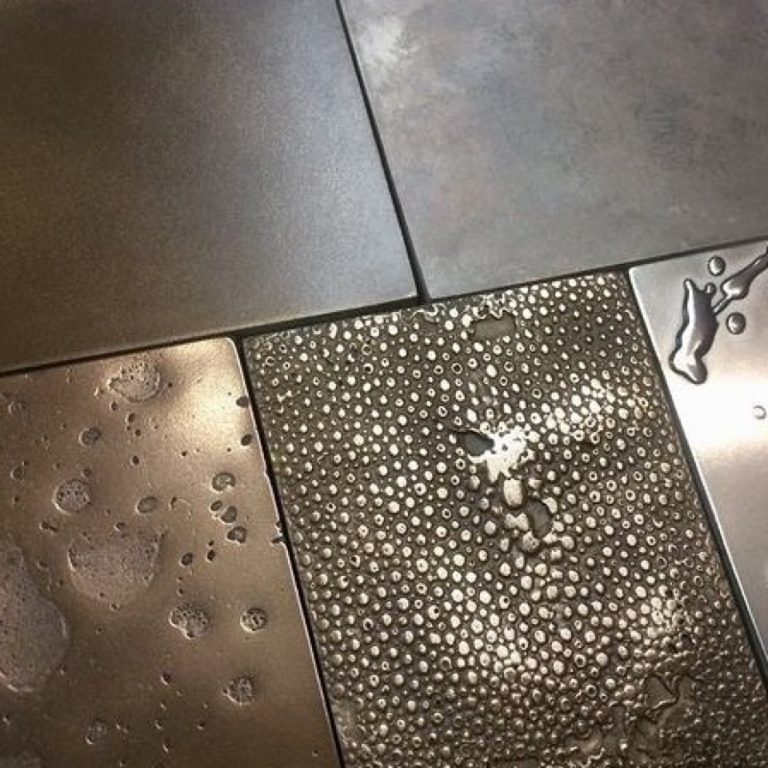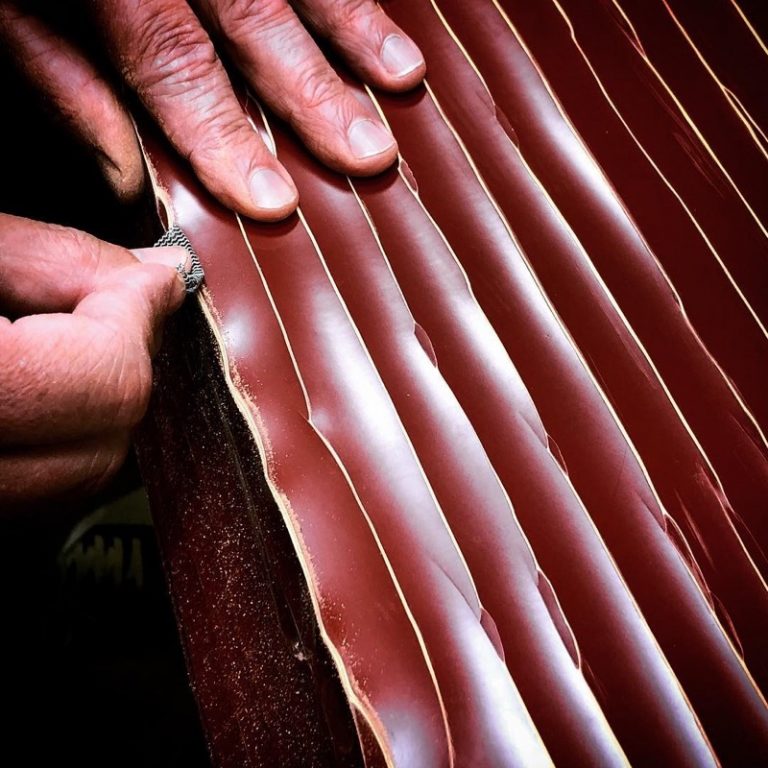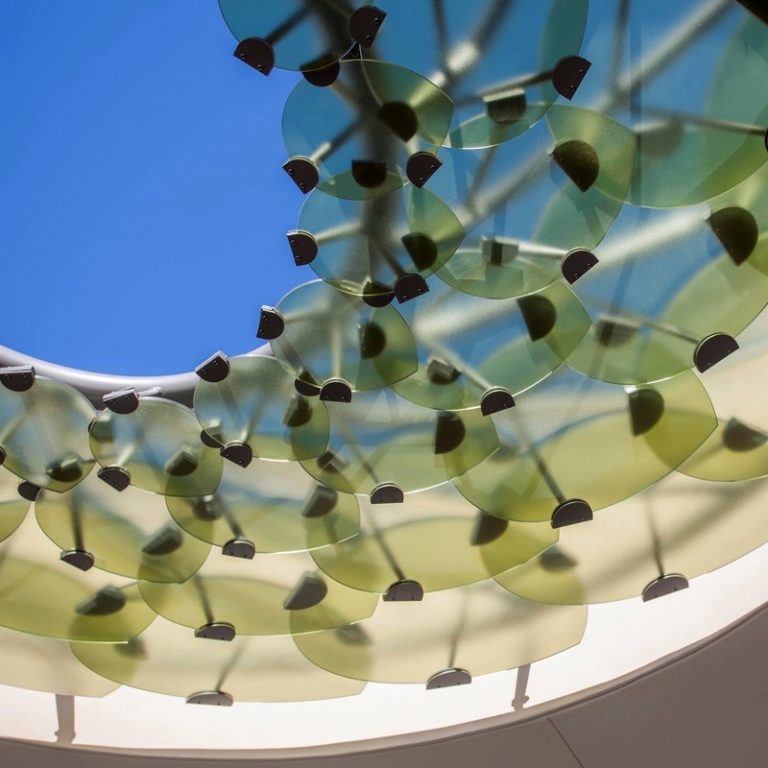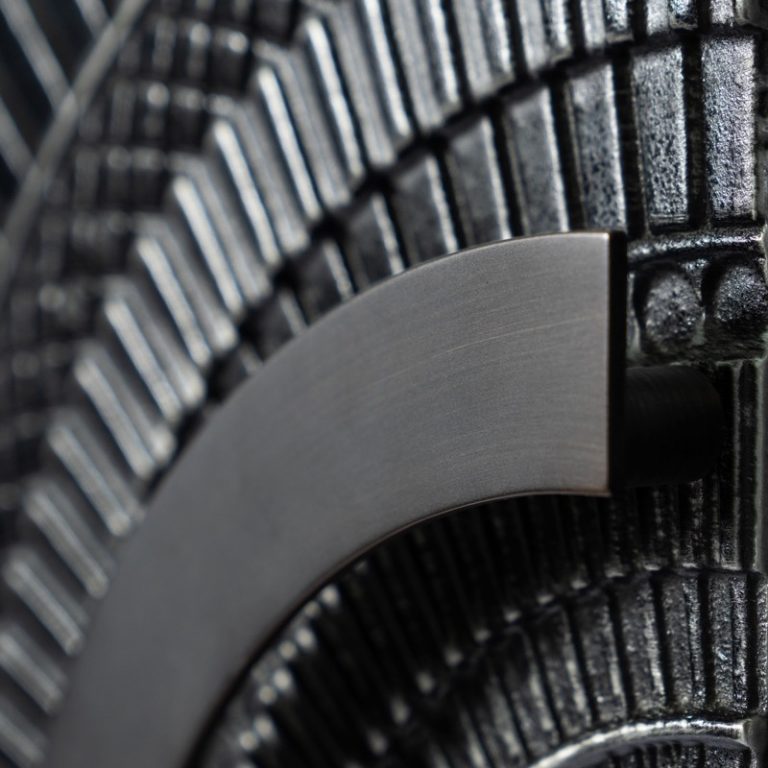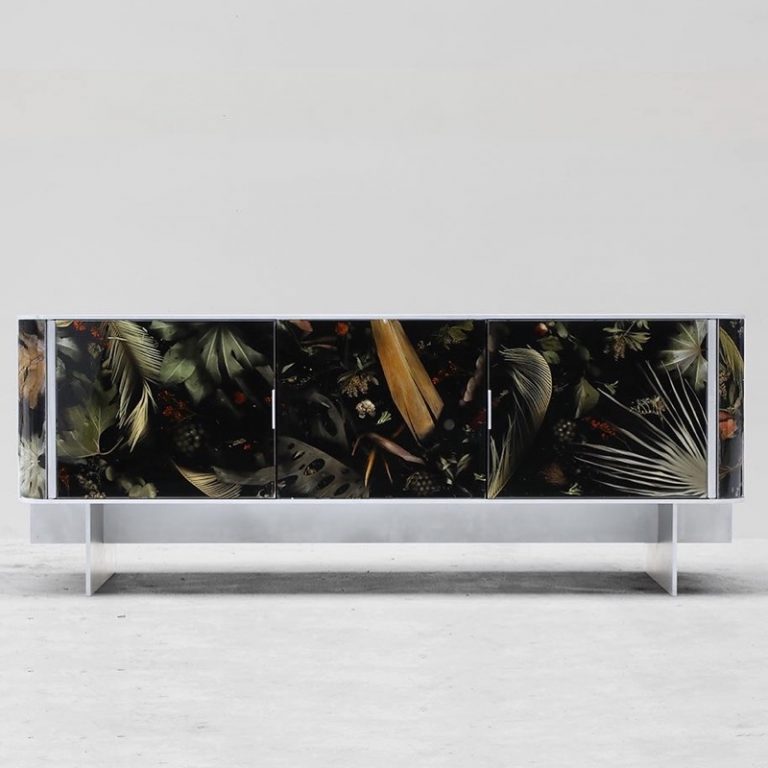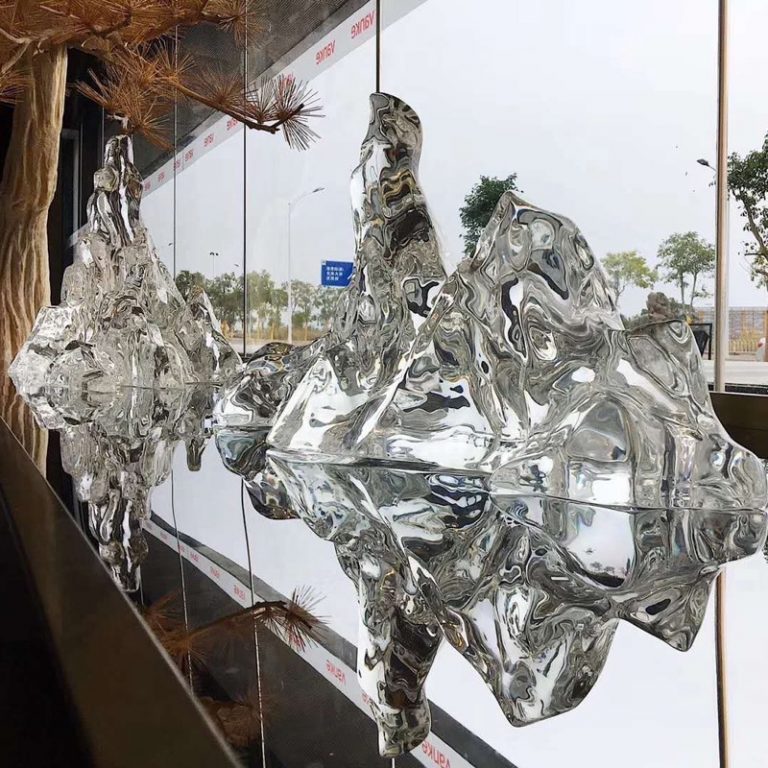Liquid copper, known for its versatility and conductivity, finds various applications in outdoor settings, offering innovative solutions across diverse industries. From horticulture to construction and beyond, the utilization of liquid copper presents a range of benefits and opportunities.
In horticulture, liquid copper-based fungicides serve as effective agents against various plant diseases. Spraying liquid copper solutions on crops helps control fungal infections, thereby enhancing crop yield and quality. Additionally, liquid copper formulations are environmentally friendly, minimizing harm to surrounding ecosystems compared to traditional chemical fungicides.
In architecture and construction, liquid copper coatings provide both functional and aesthetic advantages. Applied to surfaces such as roofs and facades, liquid copper forms a durable protective layer that withstands harsh weather conditions and prevents corrosion. The distinctive patina that develops over time adds a visually appealing aspect to buildings, contributing to their architectural charm while requiring minimal maintenance.
Moreover, liquid copper’s thermal conductivity makes it an ideal candidate for outdoor heating systems. In colder climates, heated pavements and walkways utilizing liquid copper pipes beneath the surface can prevent snow accumulation and ice formation, enhancing safety for pedestrians and drivers alike. This innovative application not only improves accessibility during winter but also reduces the need for traditional snow-clearing methods, thereby lowering maintenance costs and environmental impact.
Liquid copper’s conductivity also extends its utility to outdoor lighting systems. Copper-based wires and fixtures provide efficient transmission of electricity, ensuring reliable illumination in outdoor environments such as parks, streets, and stadiums. Additionally, copper’s resistance to corrosion enhances the longevity of outdoor lighting infrastructure, reducing maintenance requirements and enhancing overall reliability.
Furthermore, liquid copper plays a crucial role in outdoor water management systems. Copper alloys are commonly used in the construction of pipes and fittings for irrigation networks, sewage systems, and water treatment facilities. Their resistance to corrosion and ability to withstand high pressure make them well-suited for outdoor applications, ensuring the efficient conveyance and distribution of water resources.
In summary, the application of liquid copper outdoors encompasses a wide range of fields, from agriculture and construction to infrastructure and beyond. Its versatility, durability, and conductivity make it a valuable resource for addressing various challenges and enhancing the functionality and sustainability of outdoor environments. As technology and innovation continue to advance, the utilization of liquid copper is likely to expand further, unlocking new possibilities for outdoor applications across industries.



